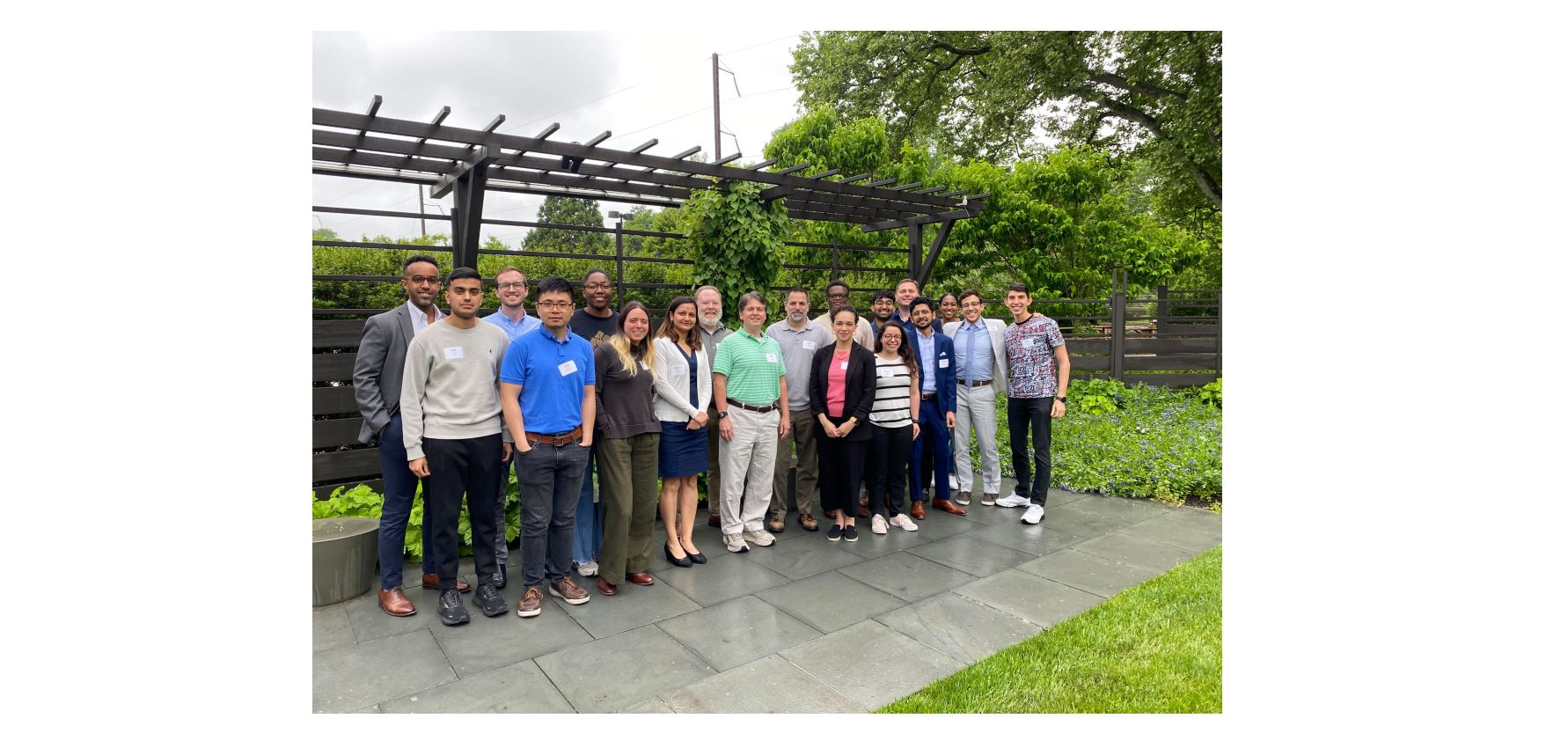Asim Handy ('27), a Bioengineering major, conducted tissue engineering research to improve outcomes for patients following neuromuscular injury. Asim was mentored by Dr. D. Kacy Cullen (Department of Neurosurgery), and this research was supported by the Penn Undergraduate Research Mentoring Program.
This summer, my research journey focused on creating engineered constructs to regenerate the body following neuromuscular injury. What drew me to this topic was its interdisciplinary nature, bridging bioengineering and neuroscience. I was particularly motivated by the potential to help individuals, especially veterans, who suffer from traumatic injuries. The idea of using the body’s own regenerative capacities to heal itself resonated deeply with me, as it aligns with my goal to improve health and well-being. Through this research, I gained valuable experience in technical skills such as cell culture, histology, and confocal microscopy. I also honed my ability to interpret scientific literature, and developed my skills in presenting research findings.
One of the most rewarding aspects of my experience was the connections I made within the research community. Working alongside undergraduates and graduate students in the lab provided a sense of camaraderie and collaboration. Interacting with research faculty and learning about their diverse projects expanded my understanding of the field and inspired me to approach my own work with greater creativity and rigor. Shadowing surgeries and experiments at the Veterans hospital allowed me to see firsthand the impact of our research on real-world medical issues. Meeting a neurosurgery resident who was exceptionally dedicated to their work was particularly inspiring and motivated me to strive for excellence in my own research.

However, my experience also presented challenges, particularly in navigating when and how to seek help from my mentor. I learned that being transparent and open about mistakes is crucial in research. Embracing this approach allowed me to ask more questions, trust my instincts, and communicate effectively, which ultimately enhanced my research skills and confidence. This summer taught me that seeing the end goal of research, from the bench to the clinic, can significantly boost motivation. The knowledge that our work could have a meaningful impact on others’ lives reinforced my commitment to pushing boundaries and exploring new possibilities. Additionally, I developed both written and verbal communication skills, which I plan to use to advance science communication and support younger students in their research endeavors. This experience not only deepened my technical expertise but also strengthened my motivation to make a tangible difference through research.
Interested in reading more first-hand accounts about undergraduate research? Check out the other experiences featured on our Student News Page and Social Media!
Related Articles
